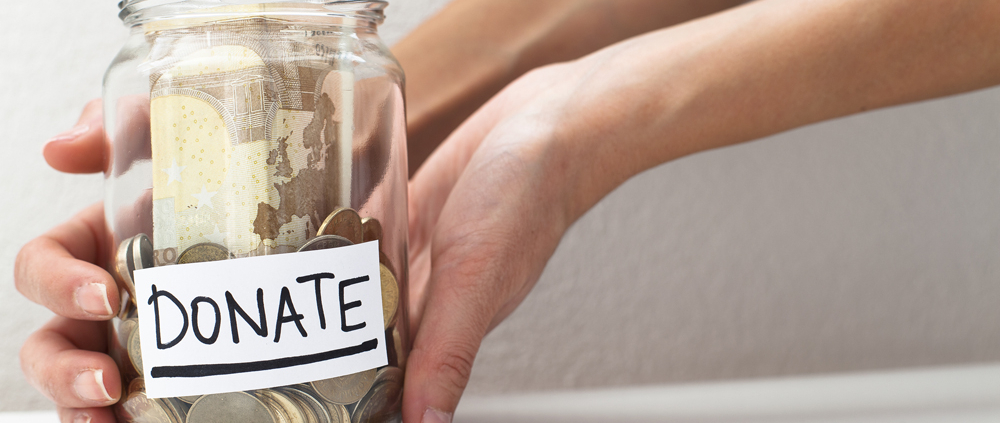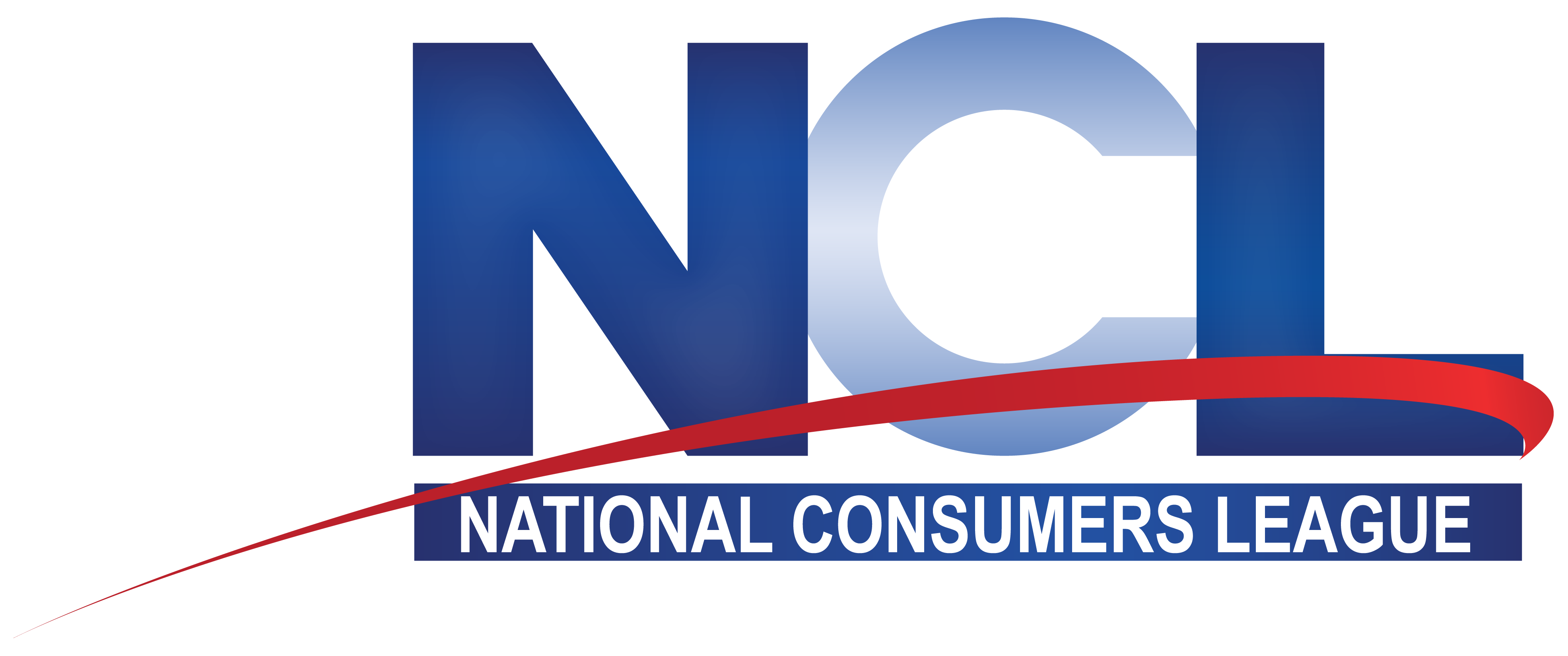Charity scams
You want to help people in need, but you also want to be sure that your charitable donation isn’t simply going into a crook’s pocket.
Stay safe. Be Informed.
- If you’re approached by an unfamiliar charity, check it out. Most states require charities to register with them and file annual reports showing how they use donations. Ask your state or local consumer protection agency how to get this information. The Better Business Bureau Wise (BBB) Giving Alliance also offers information about national charities. Call 703-276-0100 or go to Give.org.
- Ask for written information. Legitimate charities will be happy to provide details about what they do and will never insist that you act immediately.
- Beware of sound-alikes. Some crooks try to fool people by using names that are very similar to those of legitimate, well-known charities.
- Ask about the caller’s relation to the charity. The caller may be a professional fundraiser, not an employee or a volunteer. Ask what percentage of donations goes to the charity and how much the fundraiser gets.
- Be wary of requests to support police or firefighters. Some fraudulent fundraisers claim that donations will benefit police or firefighters, when in fact little or no money goes to them. Contact your local police or fire department to find out if the claims are true and what percentage of donations, if any, they will receive.
- Be especially cautious after natural or other disasters. Fraudulent charities take advantage of those situations to trick people who want to aid the victims. If you’re not sure whether a charity is legitimate, check it out with your state charities regulator and the BBB before you donate.








